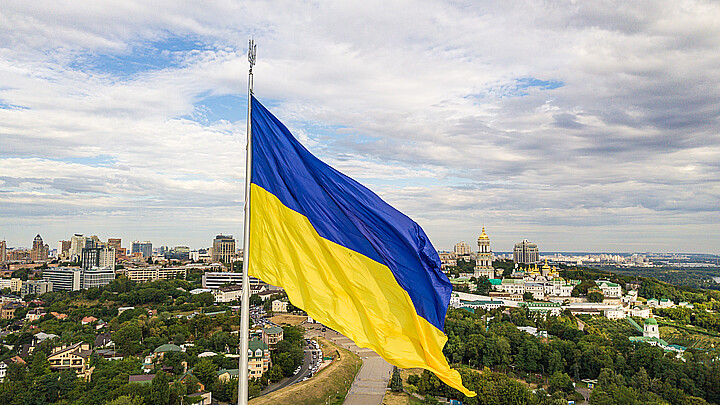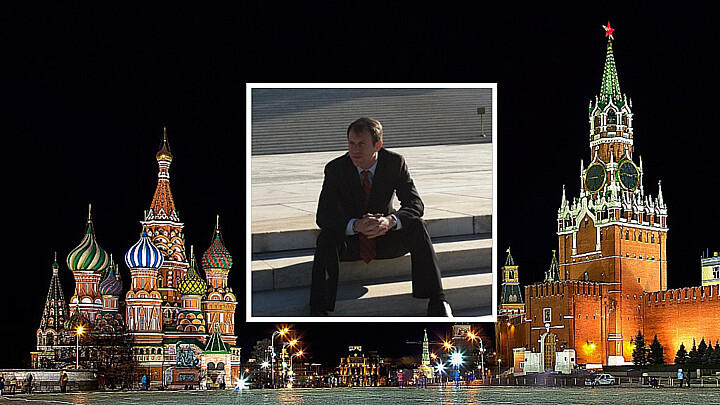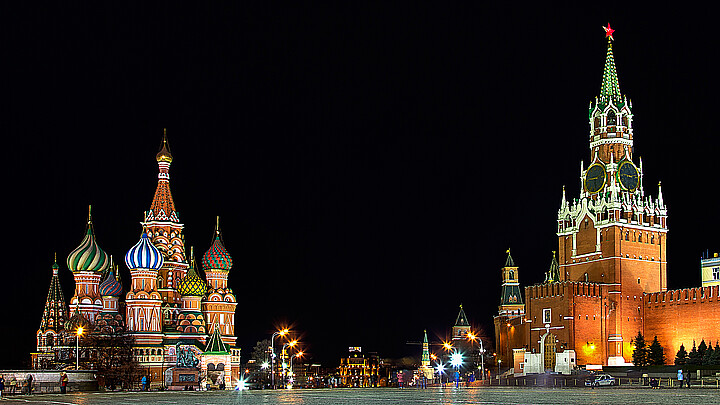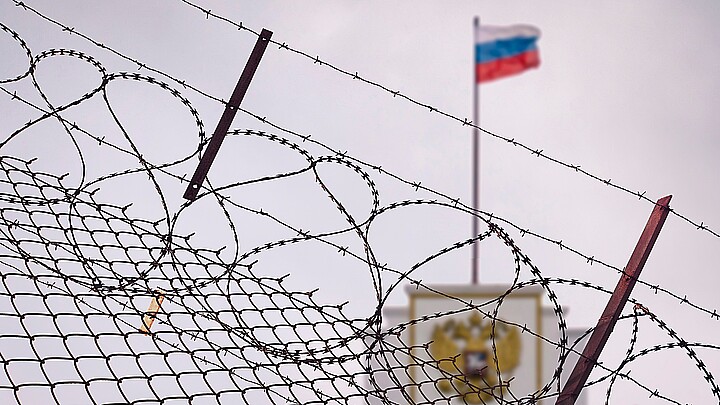Human Rights
5,000 human rights violations in Crimea during Russian occupation, says Ukrainian Institute
Ukrainian institute official says that “after 2014, Crimea turned into a model of colonization measures for Russia.”
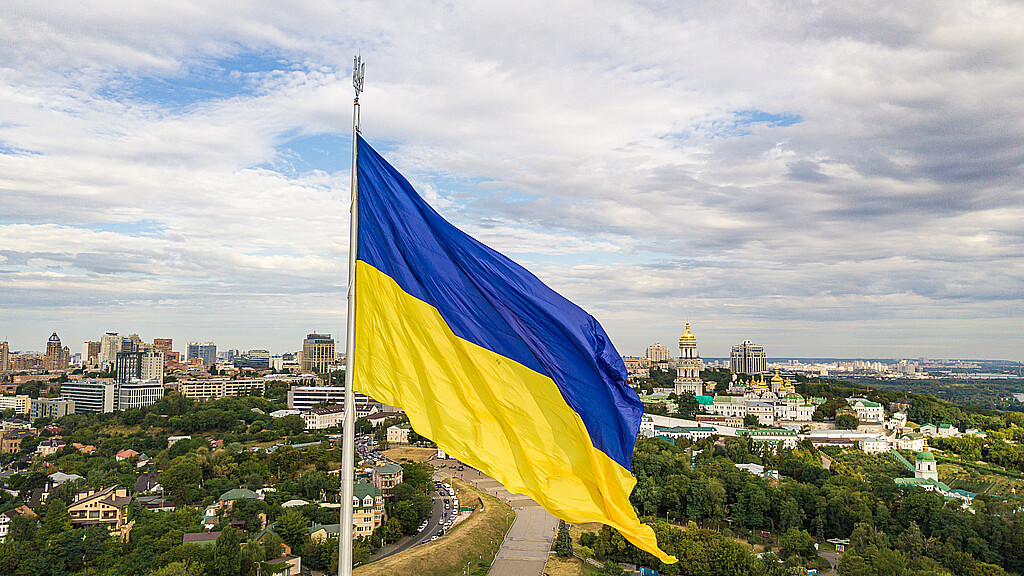
October 15, 2023 11:49am
Updated: October 15, 2023 12:51pm
More than 5,000 human rights violations were committed against people in Crimea during the 9.5 year Russian occupation that began 2014, according to Crimean Tatar activist Alim Aliev, who also serves as deputy director of the Ukrainian Institute.
The acts were registered in occupied Crimea during the past decade since , mostly those involving representatives of the Crimean Tatar people.
Aliev made the claim in a recent conference, "Crimea Global: Understanding Ukraine through the South," according to a correspondent reporting for the Ukrinform news site.
"Over the past nine-and-a-half years, more than 5,000 human rights violations have been registered in Crimea. This mainly concerns the Crimean Tatars. Russia is trying to focus attention on the Crimean Tatars, describing them as potential terrorists and criminals," he said.
Aliev explained that Ukraine is enduring a process of decolonizing Crimea, explaining that, “after 2014, Crimea turned into a model of colonization measures for Russia.”
"When we talk about internally displaced persons, refugees, almost 70,000 people have left Crimea over the past nine-and-a-half years, but we also have the reverse process, when more than 700,000 people came to Crimea from Russia, and these are already different people. These are not only the military, but also the civilians who colonized Crimea," Aliev said.
"This is our common war. And in this war, many Crimean Tatars, Ukrainians and representatives of other nationalities are now in the ranks of the Ukrainian Armed Forces on the front lines. This is a war not only for our territory, for our land, but also for our identity, for our dignity and for our future," he said.

